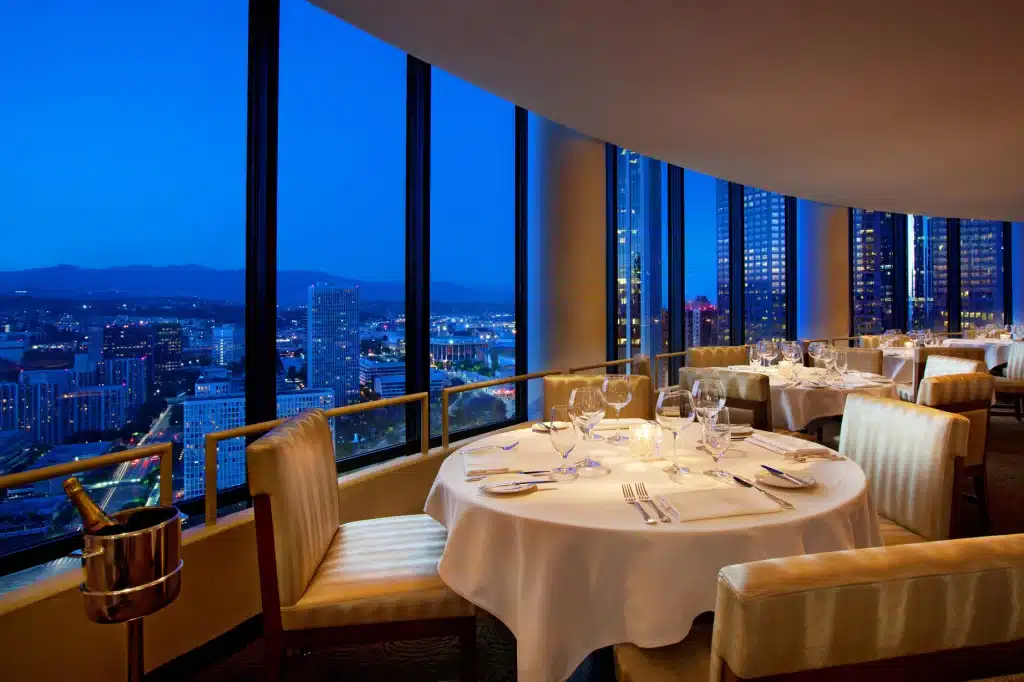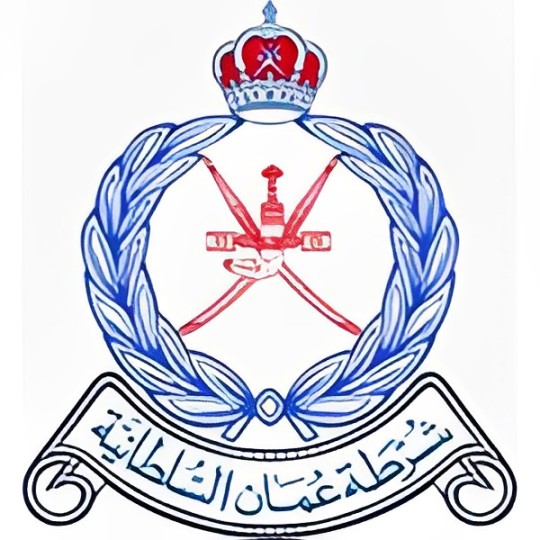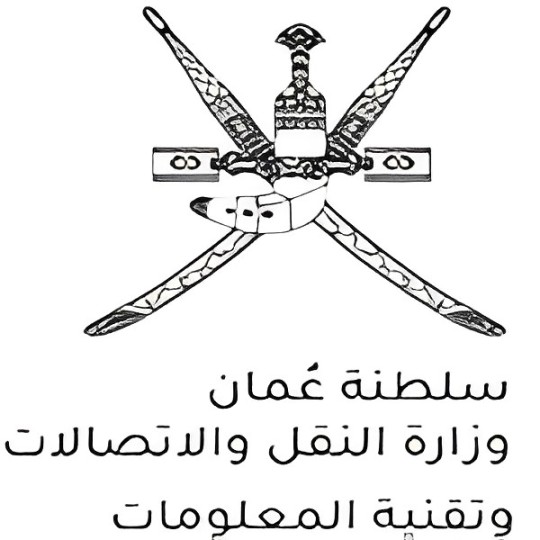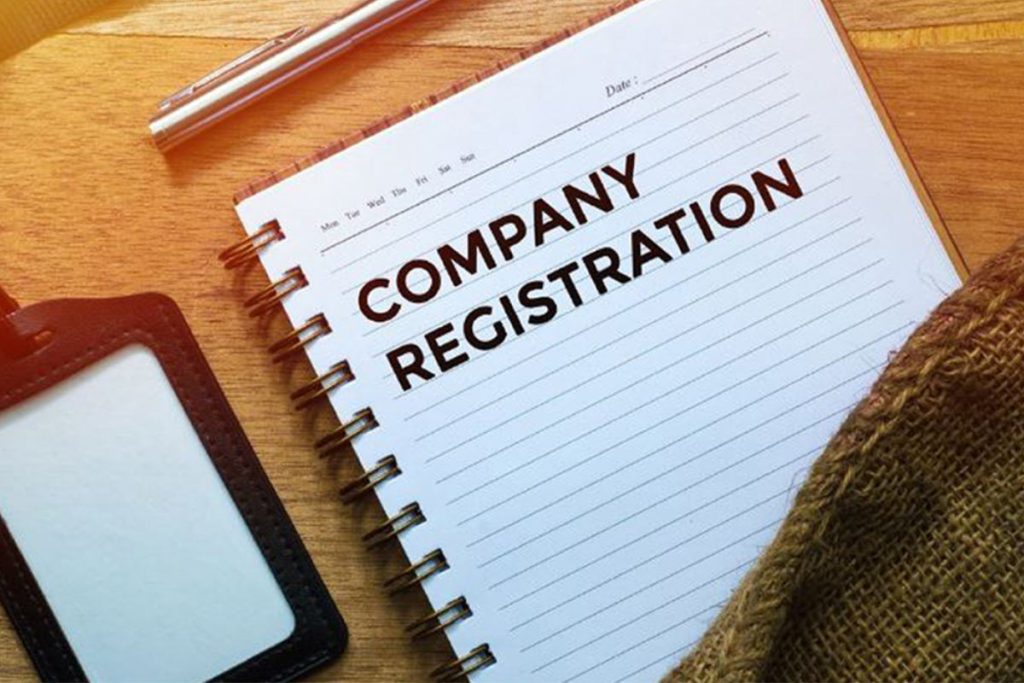+968 9596 3381
Phone Number
[email protected]
Email Address
Mon - Thu: 8:00 - 5:00
Online store always open
Phone Number
Email Address
Online store always open
WhatsApp Us Today
Drop Us an Email Today
Google Map Location
Saturday to Thursday

Introduction
Why Invest in Oman’s Food & Beverage Industry?
Types of Food & Beverage Licenses in Oman
Restaurants & Cafés
Catering & Food Delivery
Food Manufacturing & Processing
Wholesale & Import/Export of Food
Food Trucks & Mobile Kitchens
Legal Requirements for F&B Licensing in Oman
Step-by-Step Licensing Process
Documents Required for Food & Beverage Licenses
Health & Safety Compliance for F&B Businesses
Food Import Regulations in Oman
Zoning & Location Rules for Restaurants and Cafés
Omanization & Staffing Rules for F&B Companies
Cost of Food & Beverage Licensing in Oman
Renewal & Ongoing Compliance Obligations
Challenges in Obtaining F&B Licenses
Opportunities in Oman’s Growing F&B Sector
Case Study: Setting up a Restaurant in Muscat
Checklist for Food & Beverage Entrepreneurs
Why Work with a Business Setup Consultant?
Conclusion
FAQs
The Food & Beverage (F&B) sector in Oman has witnessed significant growth over the past decade. With rising disposable incomes, a young population, increased tourism, and a demand for diverse cuisines, the market is thriving. However, starting an F&B business requires compliance with strict licensing regulations related to food safety, health, and business operations. This guide walks you through everything you need to know about obtaining a food & beverage business license in Oman.
Oman’s F&B industry is one of the fastest-growing non-oil sectors, driven by:
Tourism expansion – Visitors demand diverse dining experiences.
Young population – Millennials and Gen Z prefer international cuisines, cafés, and fast-food outlets.
Government incentives – Free zone benefits and simplified regulations for food-related startups.
Untapped niches – Health food, vegan cuisine, organic produce, and premium dining.
👉 According to industry reports, Oman’s F&B market is expected to grow by 6–8% annually, making it a lucrative sector for local and foreign investors.
Covers fine dining, casual restaurants, cafés, and coffee shops.
Requires compliance with municipality zoning and hygiene rules.
Ideal for businesses providing event catering or cloud kitchen models.
Must have certified central kitchens meeting food safety standards.
Covers packaged goods, beverages, and large-scale production.
Requires approvals from the Ministry of Agriculture, Fisheries, and Water Resources (MAFWR).
Businesses dealing in food trade must comply with customs and import licensing rules.
Special approvals required for meat, dairy, and perishable items.
Gaining popularity in Muscat and tourist areas.
Requires permits for mobility, parking, and food handling compliance.
F&B businesses must comply with multiple regulations:
Commercial Registration (CR) from MOCIIP.
Municipality license for operating premises.
Food safety & hygiene approval from local health departments.
Import permits (if sourcing ingredients internationally).
Special approvals for alcohol service (restricted to hotels and select venues).
Define business activity (restaurant, café, catering, etc.).
Reserve a trade name with MOCIIP.
Draft Articles of Association (for LLCs).
Obtain preliminary approvals (Municipality + MAFWR if food manufacturing).
Secure a commercial lease agreement.
Submit required documents for license issuance.
Municipality health inspection of premises.
Final approval and license issuance.
⏳ Timeline: Typically 4–8 weeks, depending on approvals.
Passport copies of shareholders.
Trade name approval.
Articles of Association.
Lease agreement & building completion certificate.
Health & safety clearance.
Municipality approval.
Food safety training certificates (for staff).
Oman enforces strict food safety rules:
Kitchens must have proper ventilation, drainage, and waste management.
Food handlers must undergo medical fitness tests.
Regular inspections ensure compliance with hygiene standards.
Storage facilities must comply with temperature control regulations.
If your F&B business involves imports, you need:
Importer’s license from MOCIIP.
Customs clearance for each consignment.
Health certificates for meat, dairy, seafood, and processed foods.
Compliance with Halal certification for meat products.
Restaurants must be located in commercial zones.
Residential areas have restrictions for noise and waste management.
Cafés and fast-food outlets are often required to have parking facilities.
Food trucks need mobile operating permits from the municipality.
F&B businesses must comply with Omanization quotas (hiring locals).
Expat chefs, baristas, and managers can be hired under specific permits.
Staff must undergo mandatory food handling training.
The cost varies depending on type and size of business:
| Business Type | Estimated License Cost |
|---|---|
| Small Café | OMR 1,000 – 2,500 |
| Mid-Sized Restaurant | OMR 3,000 – 6,000 |
| Food Manufacturing Unit | OMR 7,000 – 15,000 |
| Catering Business | OMR 4,000 – 8,000 |
(Excluding rent, fit-out, and equipment costs)
Licenses must be renewed annually.
Municipality conducts regular health inspections.
Failure to comply may lead to fines or license suspension.
Delays due to multiple approvals.
Stringent health & safety inspections.
Competition in urban areas like Muscat.
Import restrictions for specialty ingredients.
Tourism-driven dining (hotels, resorts, beach cafés).
Cloud kitchens & food delivery boom.
Healthy and organic food businesses.
Luxury dining targeting expatriates and tourists.
A mid-sized restaurant in Muscat typically takes 6–8 weeks for full licensing:
Step 1: Trade name + Commercial registration.
Step 2: Municipality site inspection.
Step 3: Food safety clearance.
Step 4: Staffing approvals & labor cards.
Step 5: Final license issuance.
💡 Tip: Working with a consultant can cut this timeline by 30–40%.
✅ Trade name approval
✅ Municipality zoning clearance
✅ Health inspection certificate
✅ Import permits (if needed)
✅ Staff food handling training
✅ Commercial Registration (CR)
Faster licensing with fewer delays.
Guidance on zoning laws and optimal locations.
Assistance with import permits and food safety compliance.
Expertise in navigating multiple authorities.
Q1: How long does it take to get a food license in Oman?
A: Typically between 4–8 weeks, depending on the type of business and required approvals.
Q2: Can expatriates fully own an F&B business in Oman?
A: Yes, 100% foreign ownership is allowed in many cases, especially in free zones.
Q3: Are there specific licenses for food trucks in Oman?
A: Yes, food trucks need a mobile operating permit from the municipality in addition to a food license.
Q4: Do I need a separate license for food imports?
A: Yes, an importer’s license and health certificates are mandatory for food imports.
Q5: What are the penalties for non-compliance with food safety laws?
A: Penalties include fines, suspension of license, or closure of premises until compliance is achieved.




Getting a Food & Beverage business license in Oman involves multiple government touchpoints. Below is a deep dive into the process so entrepreneurs clearly understand the journey:
Decide whether your business will be a restaurant, café, catering service, food truck, or manufacturing unit.
Choose the legal entity: Limited Liability Company (LLC), branch office, or sole proprietorship.
Identify whether you’ll operate in mainland Oman or a free zone (each has different requirements).
Apply for trade name reservation through the Ministry of Commerce, Industry, and Investment Promotion (MOCIIP).
Ensure the name complies with Oman’s naming conventions (no offensive, religiously sensitive, or duplicate names).
You’ll receive a Trade Name Certificate valid for a set duration (usually 30 days).
Draft Articles of Association (AoA) and Memorandum of Association (MoA).
Notarize these documents in Oman.
Foreign investors must provide passport copies and shareholder details.
Municipality approval for zoning and location suitability.
Ministry of Agriculture, Fisheries, and Water Resources (MAFWR) approval for food-related manufacturing/processing.
Civil Defense approval for fire safety (mandatory for restaurants, kitchens, and food factories).
Find a property in a commercially zoned area.
Sign a tenancy contract that will be attached to your application.
Ensure the property meets health, safety, and parking requirements (for restaurants/cafés).
Submit kitchen and restaurant layout plans.
Municipality officials conduct an on-site inspection of the premises.
Checks include: ventilation, drainage, waste disposal, cold storage facilities, and hygiene compliance.
Food handlers (chefs, waiters, kitchen staff) must undergo medical fitness tests.
Staff must complete food safety training courses approved by the Ministry of Health.
Submit the complete file (company documents, approvals, lease, health certificates, etc.) to the relevant authority (Municipality/MOCIIP).
Pay the applicable government fees.
Apply for an importer’s license if sourcing ingredients abroad.
If serving alcohol (limited to hotels/tourist facilities), obtain an additional special permit.
Once approvals are cleared, your F&B license is issued.
You can now open your restaurant, café, catering unit, or manufacturing facility legally in Oman.
⏳ Total Timeframe: Approximately 4–8 weeks, but may extend for manufacturing businesses due to environmental and food safety checks.
| Step | Action | Authority Involved | Key Notes |
|---|---|---|---|
| 1 | Define activity & structure | MOCIIP | Choose LLC, branch, or sole proprietorship |
| 2 | Reserve trade name | MOCIIP | Must comply with naming guidelines |
| 3 | Draft company documents | Notary + MOCIIP | AoA, MoA, passport copies, shareholder details |
| 4 | Obtain preliminary approvals | Municipality, MAFWR, Civil Defense | Depends on activity (restaurant vs. factory) |
| 5 | Secure lease agreement | Municipality | Must be in commercial zone |
| 6 | Health & safety inspection | Municipality | Kitchen layout, hygiene, waste management |
| 7 | Staff certifications | Ministry of Health | Medical tests + food safety training |
| 8 | Apply for license | MOCIIP + Municipality | Submit documents & pay fees |
| 9 | Import & special permits | Customs + Tourism Authority | Import license, alcohol permit (if applicable) |
| 10 | Final license issuance | MOCIIP | Official license granted, operations can begin |





Let us handle your company registration, office setup, and licensing to ensure a seamless process.


Fill out our quick and easy contact form below. Briefly tell us about your vision and goals, and we’ll be in touch shortly to discuss a personalized plan for your success.
Al-Khuwair, Muscat, Sultanate of Oman